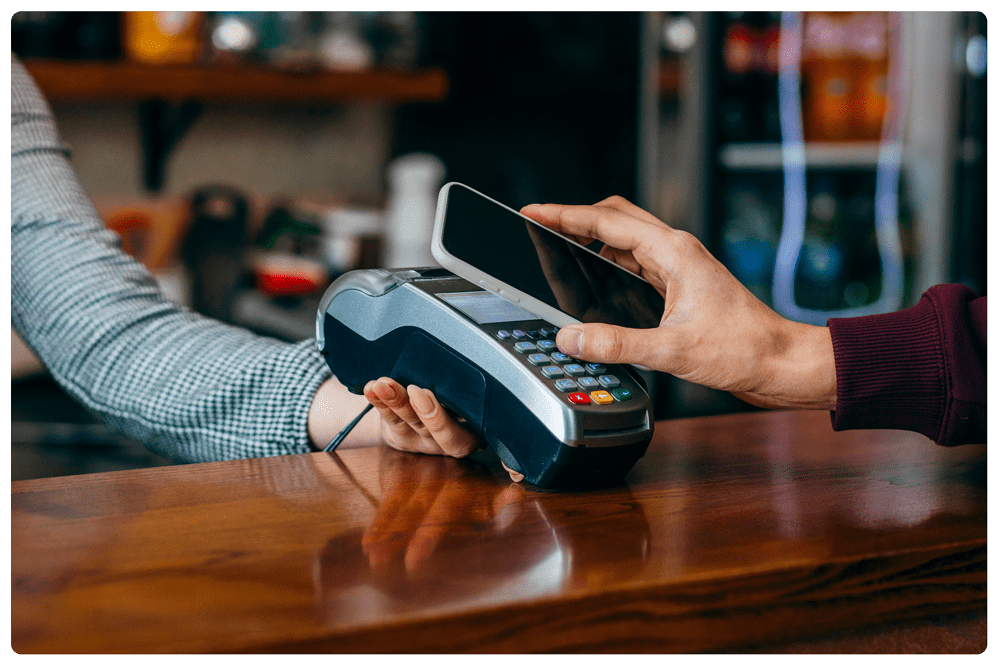In the rapidly evolving landscape of financial technology, secure payment platforms have emerged as a cornerstone for success. As fintech companies strive to deliver seamless digital experiences, the demand for robust security measures within payment systems has never been more urgent. This necessity is driven by increasing consumer expectations, intensifying regulatory requirements, and the ever-present threat of cyberattacks. Customers entrust fintech platforms with highly sensitive information, including personal identification data and banking credentials. A single security lapse can shatter trust, damage reputations, and lead to devastating financial losses. As such, building and maintaining secure payment platforms is no longer a competitive advantage it is a fundamental requirement for survival and growth in the sector. The increasing digitization of financial services has introduced new vulnerabilities. With more transactions occurring online and through mobile devices, cybercriminals are continuously developing sophisticated methods to exploit weaknesses. Fintech firms, often smaller and more agile than traditional financial institutions, can be particularly attractive targets due to perceived gaps in their security infrastructure.

This makes it essential for fintechs to invest in cutting-edge technologies like end-to-end encryption, multi-factor authentication, tokenization, and AI-driven fraud detection systems. These tools not only enhance security but also help companies comply with global regulatory frameworks such as PSD2 in Europe, PCI DSS, and various local data protection laws. Compliance ensures that fintechs avoid legal penalties and reinforces their credibility with users and partners alike. Moreover, user experience and security must be carefully balanced. Consumers expect swift, intuitive payment experiences, but any compromise in security can have dire consequences. Fintech companies must therefore adopt user-centric security models that protect users without introducing friction. Biometric authentication and behavioral analytics, for example, allow for more secure and convenient verification processes. The integration of machine learning algorithms can further optimize fraud detection by identifying anomalies in real time and reducing false positives that inconvenience users and look at this site https://techbullion.com/how-to-create-a-seamless-payment-experience-for-your-customers/. These measures help maintain the delicate equilibrium between safety and usability, a balance that is critical to user retention and satisfaction.
Beyond technological tools, a culture of security must be embedded within the organization. This includes regular security audits, employee training, and the establishment of clear incident response protocols. Partnerships with third-party cybersecurity firms can also provide additional layers of protection and expertise. Transparency with users regarding data practices and security features fosters trust and can serve as a differentiator in a crowded marketplace. As fintech adoption continues to rise, consumers are becoming more discerning about whom they entrust with their financial data. Companies that demonstrate a proactive and transparent approach to security are more likely to earn and retain this trust. In summary, secure payment platforms are indispensable for fintech success. They form the bedrock upon which innovation, user experience, and compliance are built. As the fintech industry continues to expand and evolve, only those companies that prioritize and invest in comprehensive, adaptive security strategies will thrive. Security is no longer just an IT concern—it is a strategic imperative that defines the credibility and future of every fintech venture.


